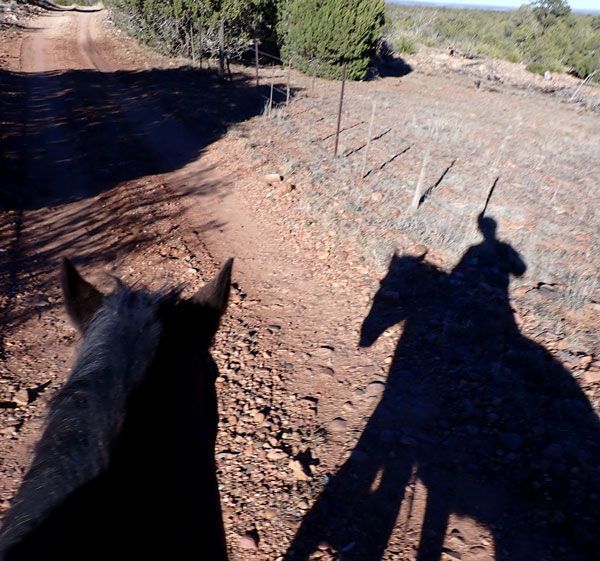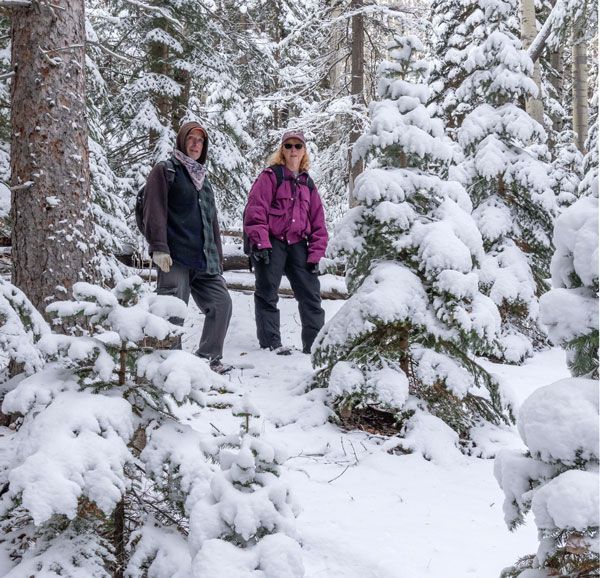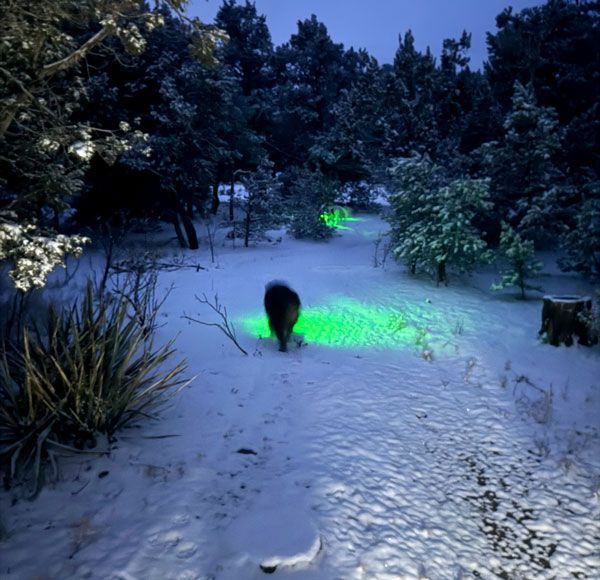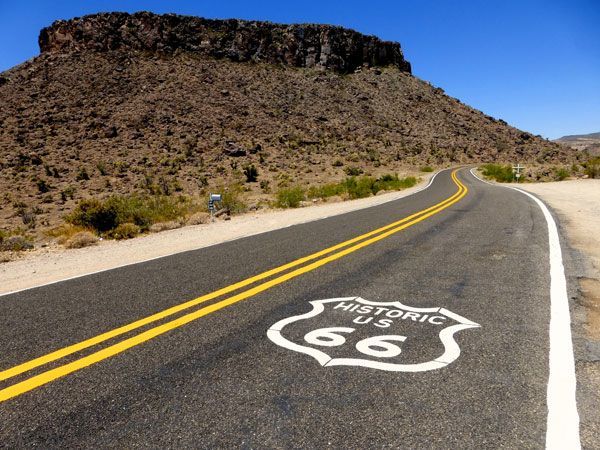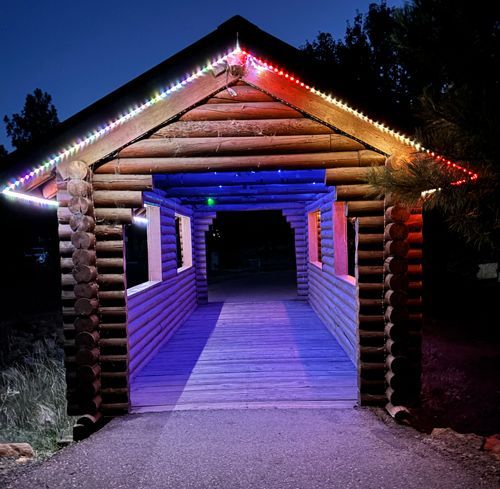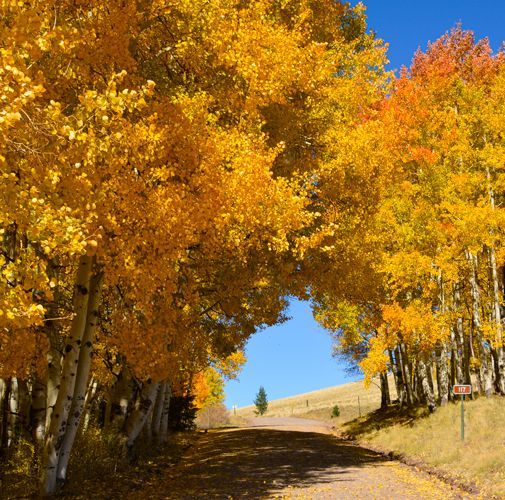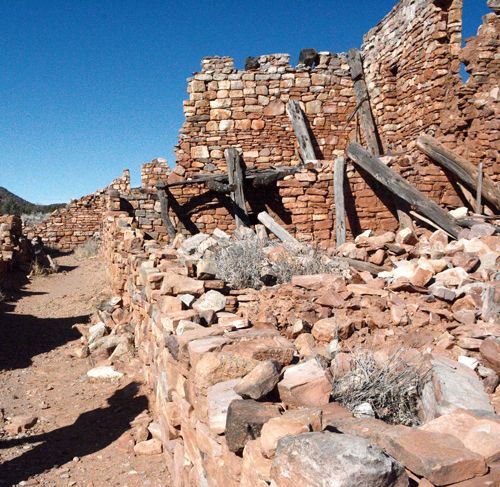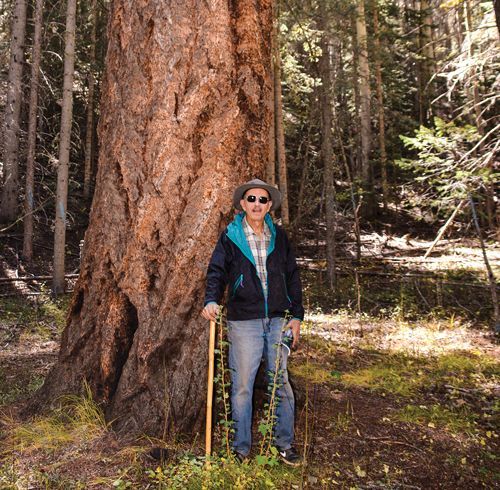On nature and the "Epistle"
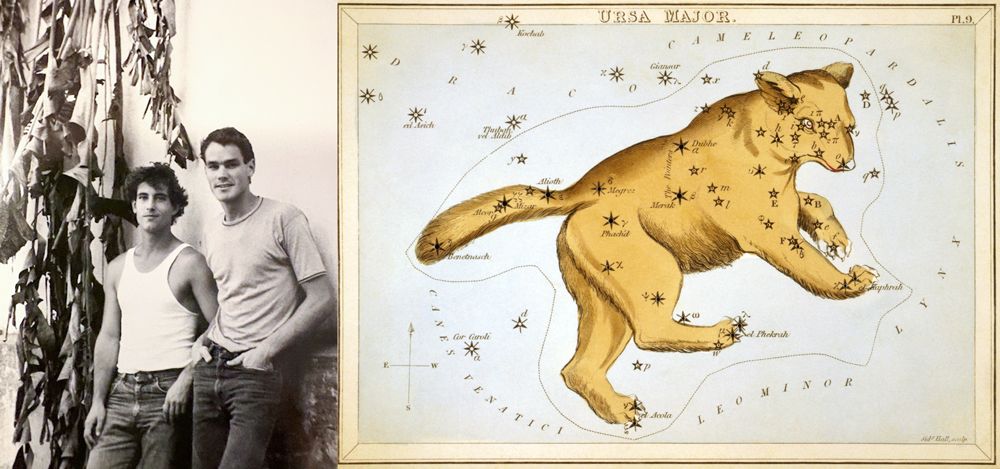
By Rob Bettaso
If by chance you read my article from last month, you might recall that I was reluctant to say goodbye to our warm-season. As such, I summarized several of the fun outings I had made during our days of temperate weather that I hadn’t yet written about. I also promised that come the November edition of Outdoors SouthWest, I would step fully into the other half of our annual cycle — the cool and cold portion.
Well, last night, just before going to bed, I did as I do on many nights and went outside to gander at the night sky. I was happy to see that one of my snowbird neighbors must have made the trek south, as the blindingly bright porch-light he keeps on throughout the night had finally been turned off for the season. Without that light, the street I live on is very dark as there are, thankfully, no street lamps along our dirt road and most of the neighbors only turn on a low wattage outdoor light when they have a specific need for illumination.
The air was quite brisk, and somehow that seemed to highlight the inky blackness of the heavens above. Studded within that blackness, however, was the glitter of countless stars, and, as my eyes became accustomed to the dark, those stars increased in number. I was gazing toward the northwest when a brilliant shooting-star streaked across the sky and because it was so big, so sustained, and of such a dazzling yellow color, I thought it might qualify as a “bolide” (a fireball, in common parlance).
The nature of this meteor not only excited me, it also evoked a poem that I had been introduced to many years ago. Although I had never memorized the longish poem, several of the lines in it had lodged in my mind, and one gloomy partial stanza came to me: “Long since we passed the flares of Orion / Each man believes in his heart he will die."
Now, while I don’t consider myself to be an especially morbid type of person, I don’t shy away from the subject of mortality either; and, there was something about this night in particular that was slightly unsettling to me. I took a moment to reflect on my immediate environment; specifically, the contrast of the darkness, the stars, and the rare phenomenon of the fireball. I also noted how these three features combined with the frigid air, the change of seasons, and the conclusion of another day. Soon, I would go back inside my house and enter the mysterious realm of nightly slumber, but before I did, I had a bit more thinking to do.
Fifteen minutes later, my head was on the pillow, and I thought some more about the circumstances surrounding the poem that had entered my mind this evening. I for sure remembered the title and the author: “Epistle to be Left in the Earth” by Archibald MacLeish. I also had a battered copy of the poem somewhere in the house, and how I came by that copy of the poem is a story in its own right. Briefly though, when I was a mere 21 years old, right after graduating from college, I joined the U.S. Peace Corps and was sent to work as a fisheries biologist in the Congo. After several weeks of language and technical training, I was dropped off in a remote village deep in the heart of equatorial Africa. After a period of “culture shock,” I slowly grew used to the rhythms of village life and became fluent in the local language. There were no English speakers within many miles of my village, and I had to ride my Yamaha 125 for several hours on tricky, two-track roads to reach an American Mennonite mission where I could hear and speak my mother tongue. I would make the treacherous cycle ride every few months of my two-year term, and became good friends with one missionary at the mission. He was a teacher and also wrote both prose and poetry; and it was thanks to him I first read MacLeish.
As I continued to recall those long-ago days, my mind eventually became groggy and, slowly but surely, sleep took me under. I awoke slightly before first light and pondered where I might find my copy of the “Epistle.” After making coffee and bringing it back to bed to drink, I sat propped up against the pillows and mentally narrowed down the places in my house where I might find the MacLeish poem. I knew I had never bought any of his collected works but I was certain that I had hand written his “Epistle” on a sheet of paper that I suspected was probably stuck between the pages of some other volume of poems on one of the many bookshelves in various rooms of my house. After finishing a second mug of Java, I set about to look for the “Epistle” and, sure enough, I found it in a book of poems by Baudelaire (not that Baudelaire and MacLeish have much in common, but it just happened that way).
I stood by the window, and with the light of day increasing, I read the poem several times through and noted how that first stanza progressed — the one I had only partially remembered during last night’s stargazing. The stanza continues: “Many have written last thoughts and last letters / None knows if our deaths are now or forever / None know if this wandering earth will be found”. Since MacLeish wrote his “Epistle” during the interwar period, I wondered if one of his themes may have had something to do with the gruesomeness of the First World War (in which he saw action) and the alarming activities leading up to the Second. But, the poem also contains so much that is hopeful (and beautiful) that I refolded my copy, put it in my back pocket, and took it with me as I walked up a hill near my house; expecting that I would find it relevant to the glories of a new day.
Sure enough, the first sensation I experienced as I walked out my front door was the bite of the frosty autumn air and so I pulled the “Epistle” from my pocket to read its somewhat appropriate opening line, which, for whatever reason, MacLeish begins with ellipses, perhaps suggesting the eternal nature of Earth’s rotating seasons: “…It is colder now / there are many stars / we are drifting / North by the Great Bear / the leaves are falling / the water is stone in the scooped rock”. True, it was now day, and the lines were written about the night, but, as I would soon read, his “Epistle” next turned to daytime as he notes that: “the crows are / Slow on their crooked wings / the jays have left us”. And so, once again, I’m struck by the uncanny relevance since, within 100 feet from my front gravel drive, I hear the forlorn cawing of a couple of flying crows. I must confess though, what I heard next was the “shook, shook, shook” call of a Steller’s Jay, which, in our part of the world, sticks around all year long. But one can assume that at least parts of the “Epistle” are metaphorical and not literal.
Commencing my walk, I traversed several blocks of my neighborhood, then hiked uphill along the dirt Rim Road through scrubland, and finally ascended the steep hill up into pine and fir trees. When I reached the summit — often my destination for that first walk of the day - I was again struck by how the things I had experienced as I hiked had relevance with lines in the poem. I read from the “Epistle” noting that in one stanza, MacLeish enumerates some things we, humanity, have learned during our time on Earth: “The earth is round / there are springs under the orchards / The loam cuts with a blunt knife / beware of / Elms in thunder / the lights in the sky are stars / We think they do not see / we think also / The trees do not know nor the leaves of the grasses hear us / The birds too are ignorant."
As I read those words, all around me the grasses were swaying in the growing breeze; the chickadees and nuthatches were crying out their sweet calls; the Douglas-fir trees were exuding pleasing aromas from their boughs; and the lichen-covered boulders felt wonderfully gritty and enduring under my hands. And at that point, I decided it doesn’t really matter what MacLeish was getting at in his poem; it is enough that his poem simply IS. Come to think of it, that is what much of humanity’s most powerful artistic works do: they alert us of the commonplace miracles; the ones that surround us each and every day.
With winter rapidly approaching, I can’t help but quote one more line from the poem; and it is MacLeish’s last stanza in his “Epistle.” The poem concludes as follows: “It is very cold / there are strange stars near Arcturus / Voices are crying an unknown name in the sky."


